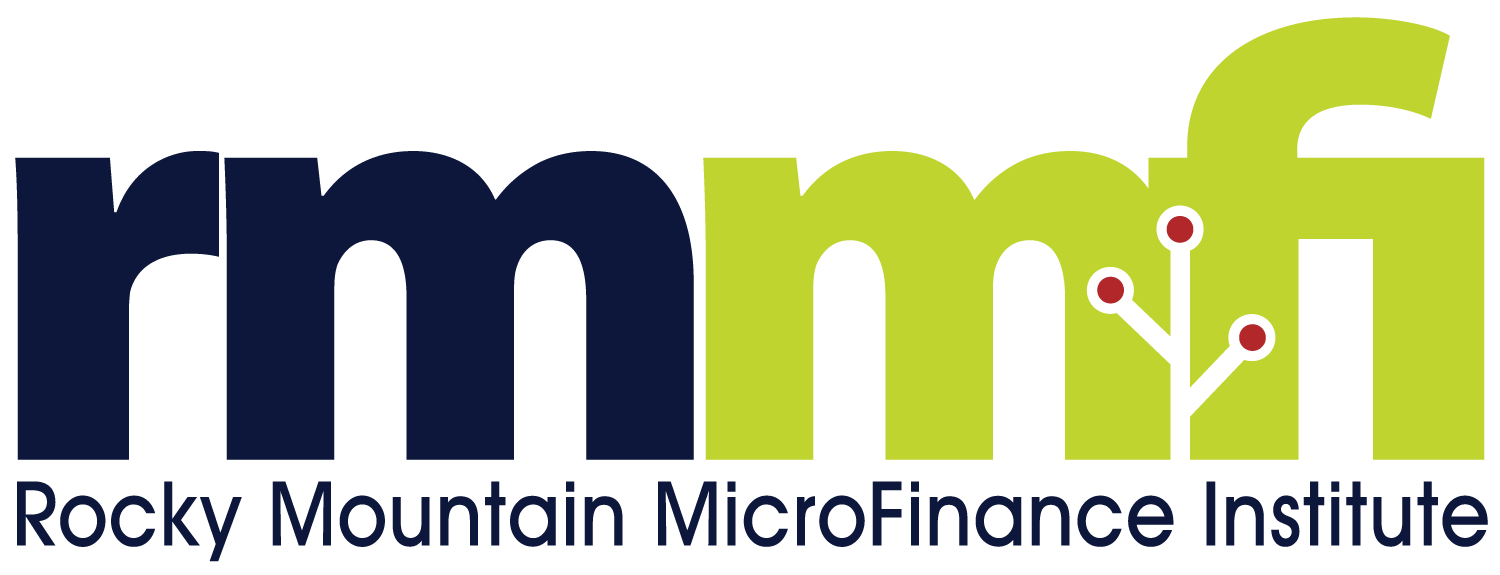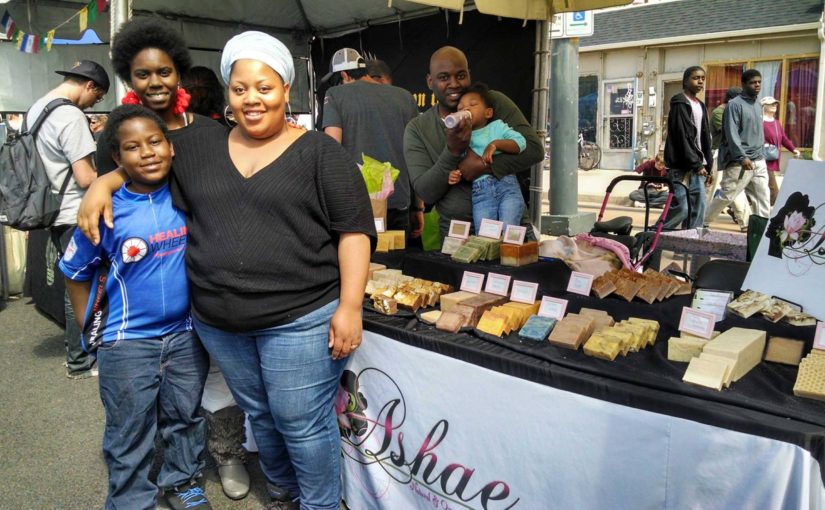For more than eight years, the Rocky Mountain MicroFinance Institute has filled a gap in services to low-income and disadvantaged entrepreneurs in Denver. Under-resourced individuals with an entrepreneurial spirit and a strong work- ethic can build a business creating needed income for the owner, while creating jobs and prosperity for the community. RMMFI is the only Community Development Financial Institution (CDFI) in Denver serving low-income entrepreneurs with business development, capital access, and personal support services. RMMFI’s focus is to first ensure a foundation to personal strength exists, from which any subsequent investment in the wealth generation opportunity of the business can succeed.
Working in Colorado
Colorado is not short on ideas on how to give residents access to tools that can help them build a strong foundation, identify opportunities for growth, and build a pathway to a stronger social identity and economic freedom. With Colorado and its metro areas regularly being named among the top five entrepreneurial hubs, and given the progressive landscape and the number of nonprofit organizations, our state has the perfect mix to connect social/economic outcomes to more self-sustaining social business models.
Colorado also struggles, however, to address the problems caused by institutional and societal barriers faced by low-income and disadvantaged individuals and communities. Challenges include a lack of quality educational systems, instability in the affordable housing environment, poor access to transportation systems, unreliable healthcare support systems, antiquated workforce development systems, and limited institutional focus on the personal strength and well-being of all residents. These barriers make it incredibly difficult to create the necessary stability from which someone can grow in mindset, skills, and economic status.
Colorado’s recent economic “success” is a perfect example of the tension created by these economic and social forces. As investments are made in our communities to improve the infrastructure and bolster economic activity across our region, limited focus has been placed on the consequences of development on our low-income and disadvantaged residents. Transportation, public works infrastructure, and economic development activities have accelerated gentrification and displacement in our region. Ultimately these, and other, forces create an environment in which some of our most vulnerable residents have limited to no control over their social and economic trajectories.
The Whole Entrepreneur
This reality plays out in the work of RMMFI and is the reasoning behind the development of our “Whole Entrepreneur” concept, which focuses on both an individual’s personal stability and growth pathway in addition to the business concept.
RMMFI provides a simple and effective approach to business development built around the philosophy that poor planning equals poor results. We help people transform into serious entrepreneurs through skill building, mentorship, and micro-lending. Our process takes budding entrepreneurs through three phases of planning and execution.
The Entrepreneur’s Journey
- Idea Phase. Arguably, the most critical phase of an RMMFI Entrepreneur’s journey is the initial determination of feasibility of both the business idea and the person as an entrepreneur/business owner (The Whole Entrepreneur).
- Launch Phase. Offered three times each year, the Business Launch Boot Camp is a 12-week intensive program aimed at bringing 10-12 qualifying, committed entrepreneurs from idea to launch through a coordinated mix of education, accountability, mentorship, community engagement, and initial start-up capital.
- Thrive Phase. Thrive’s goal is to help RMMFI entrepreneurs activate opportunities and respond to challenges presented to their businesses and in life. Thrive provides structured peer-to-peer support, one-on-one mentorship, access to experts to address specific issues related to personal and business growth, referrals to trusted service partners, accountability support, and access to higher dollar capital needs.
In our eight years of operation, RMMFI is proud that we have:
- Distributed over $373,000 (161 loans) to low-income entrepreneurs, with a 95% repayment rate
- Graduated 18 classes of the Business Launch Boot Camp, with an 88% graduation rate, resulting in the launch or expansion of 154 businesses in Denver
- Allowed more than 2,250 individuals to explore business ownership
- RMMFI entrepreneurs are winning Westword’s “Best of Denver” and the “Denver A-List” awards
- Certified by the U.S. Treasury as a Community Development Financial Institution (CDFI)
- Won the 2016 Small Nonprofit of the Year award from the Metro Chamber of Commerce
- Received the 2011 Colorado Innovation in Philanthropy Award from Bank of the West
- Received 2011, 2012, 2014, 2015, & 2016 Right on the Money Award from Consumers United Association
Impact Investing / Social Enterprise Ecosystem Gaps
Given the relative newness of the mainstream impact investing industry, Colorado has some incredible efforts underway to become a leader in social enterprise and impact investing. That said, there is always room for improvement. Nonprofits often struggle to raise the funds required to effectively deliver the full range of support necessary to achieve their missions. They do what they can with the resources at their disposal, but the solution often falls short of the intended impact.
More intentional “conversion” programs are needed to help nonprofits explore business models that drive consistent and supportive outcomes while also generating sustainable revenue. Conversions can help nonprofits disrupt/innovate in place, creating enduring solutions that lead with empathy. They can also serve as a buffer against commercial solutions that don’t always have the best interests of clients in mind.
A great case in point is the recent online activity within the microfinance / small business lending industry. For years, the CDFI community has provided small to mid-sized loans to “unbankable” businesses and business owners. CDFIs can offer loans ranging in size from $500 – $1,000,000 and generally have annual interest rates ranging from 5%-16%. Many CDFIs also offer business technical assistance programs to ensure capital investments have a solid foundation from which to create a return for the business and business owner. In recent years, however, a new online presence has emerged through small business lenders that offer solutions to the “unbankable” and have fast turnaround times—at effective interest rates north of 60% (annually).
With its existing infrastructure, community reach, and experience with the target constituent, the CDFI community would benefit from impact investment solutions to grow their lending capacity and to help convert the industry into a relevant and competitive solution in the marketplace. CDFIs understand the needs, desires, and challenges of those they serve and will often work more directly and intentionally with the low-income business owner to find solutions that marry capital and capacity.
In sum, impact investors should look first to the assets already in place in a community and seek opportunities to sustain and grow impact through investments in a more sustainable business model.


